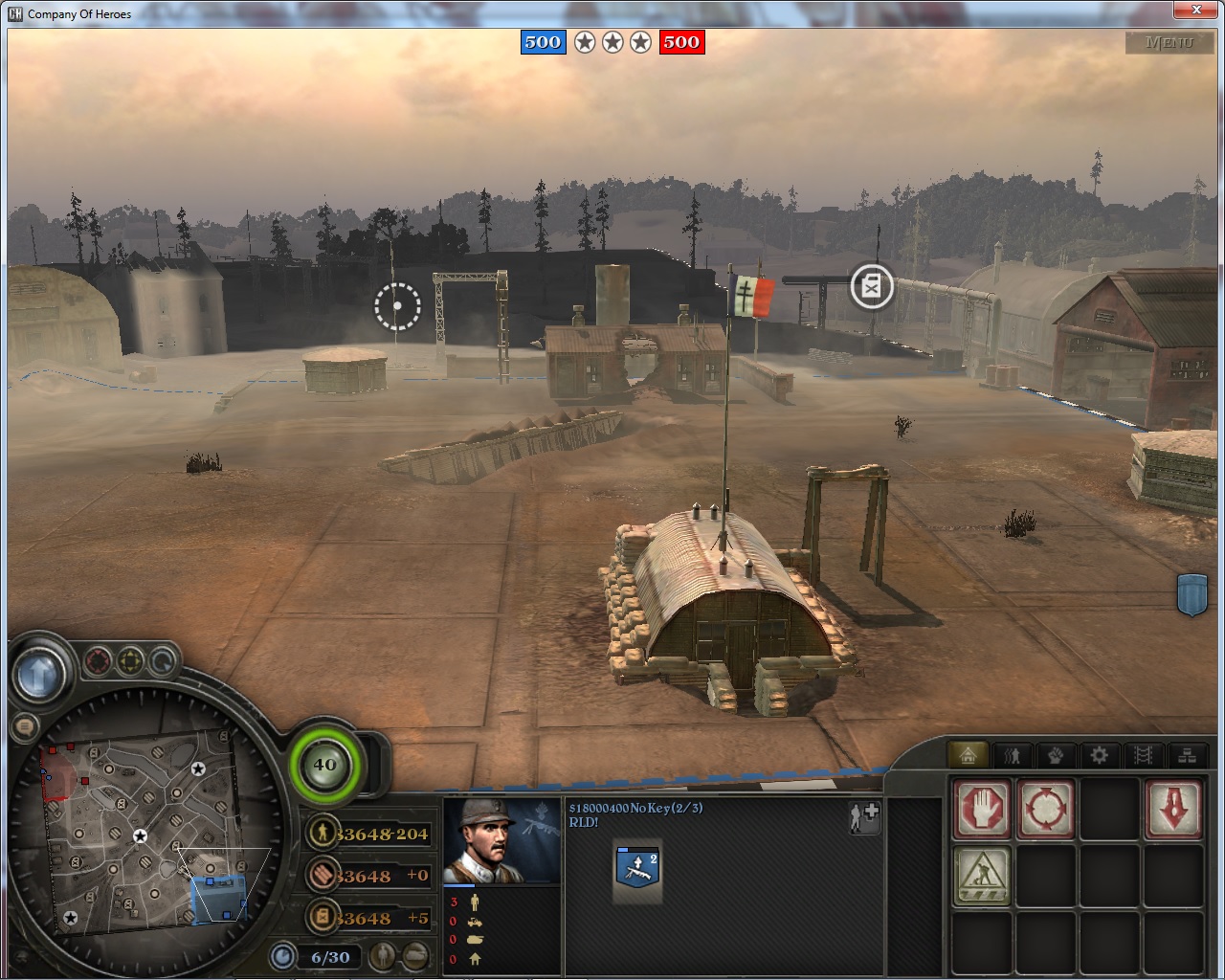
(She took the stage in Mantua almost a full century before a professional actress appeared in London’s theatres.) Evidence exists as early as the 1540s that Commedia troupes began to create professional space for female performers, but the late 1560s and 1570s were the Age of the Actress. This capitalistic innovation represents a departure from classical models of civically funded theatre or medieval models of amateur, pan-handling, or church-funded performances.Īnother major landmark in theatre history was first confirmed in 1566 when a Commedia performer named Vincenza Armani became the first documented professional actress.


Other troupes of this era had similar endeavors, and the business of “show business” was born when artist-entrepreneurs began to create professional models for making a living in the theatre. Early female servants ( zagna, singular zagne plural) were played in masks by male performers.Ī major landmark in theatre history occurred in Padua, Italy, on February 25, 1545, when Ser Maphio’s troupe of performers signed a letter of incorporation establishing themselves as a “ fraternal compagnia.” (The anniversary of this date is celebrated every Commedia dell’Arte Day.) This document is the oldest extant record of modern actors thinking of their work as a legitimate business. Master-servant scenarios became somewhat more sophisticated as the Old Man character type emerged to boss the Zanni around.

Some early references to this style include names like commedia all’improvissa (the improvised theatre) and commedia zannesca (the zanni-esque theatre). Whatever its origins, by the 1520s, performers like Angelo Beolco (il Ruzzante) and early practitioners of the Zanni character type were entertaining audiences with a style that appears to be early Commedia. Wilson, Founding Artistic DirectorĬommedia’s origins have not been conclusively determined, and scholars have demonstrated a variety of possible factors in its development: the masked, improvised comedy of the Roman Atellan farce tradition the mime theatre of the Byzantine world the jugglers and traveling players of Medieval Europe the market culture of early modern piazzas that featured performers, charlatans, and festivals and Renaissance rediscoveries of Plautus and Terrence by theatre Academies and the commedia erudita tradition.


 0 kommentar(er)
0 kommentar(er)
